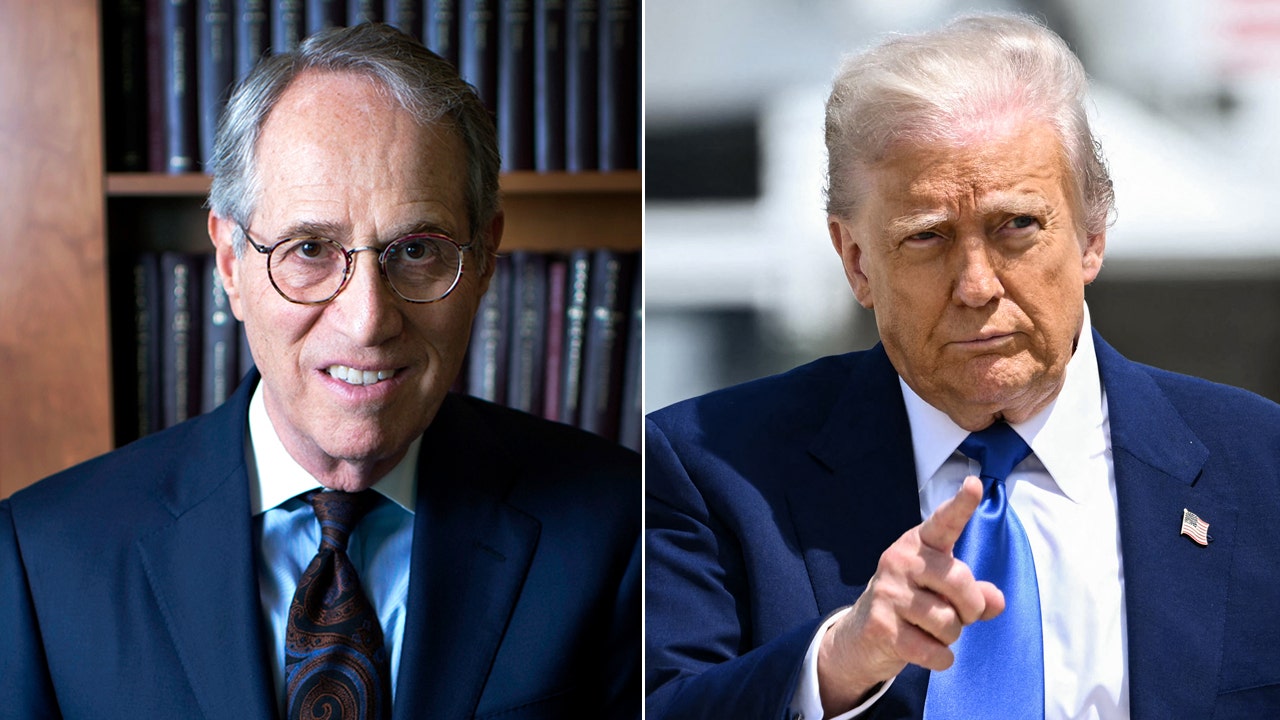Anti-collective bargaining order related to foreign service workers blocked

A recent federal court ruling has dealt a blow to the Trump administration’s efforts to limit collective bargaining rights for foreign service workers. The decision, made by Judge Paul L. Friedman of the U.S. District Court for the District of Columbia, blocks the implementation of an executive order that aimed to restrict collective bargaining with federal unions in agencies with national security missions.
The American Foreign Service Association, a labor union representing foreign service workers, challenged President Trump’s executive order earlier this year. The order sought to end collective bargaining rights for federal employees in agencies with national security responsibilities. According to a White House fact sheet, the order was intended to prevent union obstruction of the administration’s efforts to protect national security interests.
In his ruling, Judge Friedman declared the executive order unlawful as applied to agencies with employees represented by the plaintiff. He noted that the order would have removed collective bargaining rights from approximately two-thirds of the federal workforce, a significant impact on workers’ rights.
This is not the first time Judge Friedman has ruled against the Trump administration’s efforts to limit collective bargaining rights. In a similar case brought by the National Treasury Employees Union, the judge issued a preliminary injunction against the executive order, highlighting the importance of protecting workers’ rights.
The ruling has been hailed as a significant victory by the American Foreign Service Association. The union’s president, Tom Yazdgerdi, emphasized the importance of the decision in upholding the integrity of the Foreign Service and ensuring transparency and accountability within member agencies.
While the White House has defended the executive order as necessary for protecting national security interests, critics argue that it undermines workers’ rights and collective bargaining agreements. The administration has yet to respond to the court’s decision, but the ruling sets a precedent for protecting workers’ rights in the face of executive actions that threaten collective bargaining.
In conclusion, the court’s decision to block the Trump administration’s efforts to limit collective bargaining rights for foreign service workers is a significant victory for labor unions and workers’ rights. The ruling emphasizes the importance of upholding workers’ rights and ensuring transparency and accountability within government agencies with national security responsibilities.




